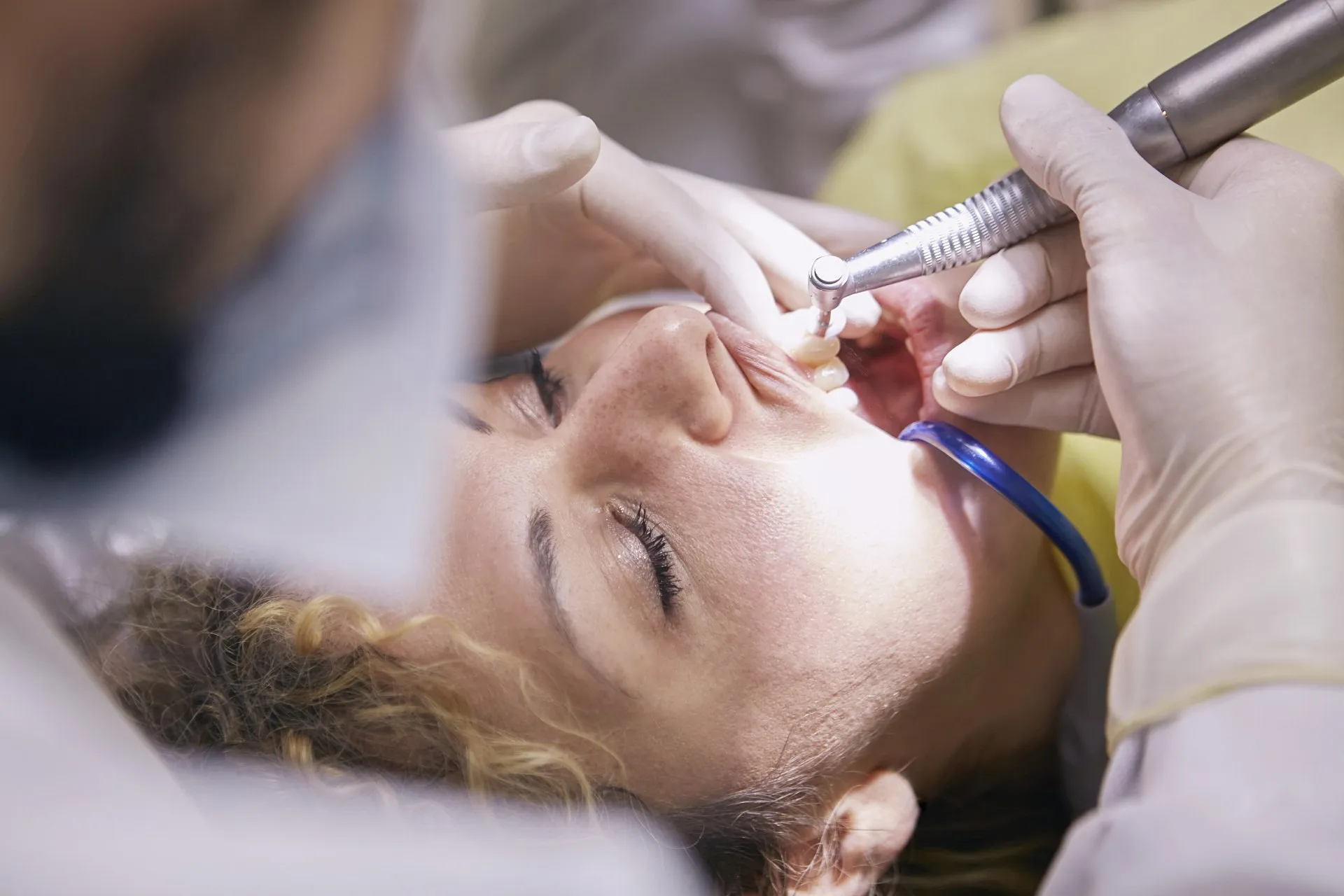Emergency Dentist In Buford
Now accepting new patients with same-day appointments available
Is one of your teeth cracked at your gum line? It may need to be pulled. Luckily, Great Smiles Buford Center provides emergency same-day dental care in Buford, GA. You can come to us for emergency dental extractions, dental abscess treatment, toothache relief and crown fill-ins. We’ll do everything needed to reduce tooth pain so you won’t have to deal with it any longer.
We welcome walk-in appointments. Visit us now to arrange for toothache relief services.
Why Choose Buford Smiles Emergency Services
Immediate Scheduling: When looking for an emergency dentist, there are many factors that come into play when choosing a new dentist. Same-day scheduling is usually the top priority (next to quality care, of course). At Great Smiles Buford Center, we have many same day appointments available.
Quality Care: Great Smiles Buford Center is a privately owned practice, that is trusted by thousands of patients across Buford, Georgia. As one of the leading dental offices in Buford, you will sleep well at night knowing your emergency was not only treated quickly, but properly.
Wide Selection Of Emergency Services: We provide a full range of dental services to meet all your needs. From routine exams and cleanings to advanced treatments and emergency procedures, our experienced team is here to take care of your smile every step of the way.
Affordable Options: At our practice, quality care doesn’t have to come with a high price tag. We accept most major insurances and offer flexible payment plans to ensure that dental services are accessible for everyone. With our affordable options, you can maintain your oral health without worrying about financial barriers.
Schedule A Walk-In Appointment
No Insurance, No Problem!

RELIEF FROM TOOTHACHE: EXPERT CARE AT GREAT SMILES BUFORD CENTER
Experiencing a toothache can be debilitating and distressing. At Great Smiles Buford Center, we understand the urgency of relieving your pain and addressing the underlying cause. Whether you’re dealing with a persistent ache or sudden discomfort, our skilled team is here to provide prompt and effective care.
Causes of Toothache:
Toothaches can arise from various dental issues, including:
- Dental Decay: Cavities that have reached the sensitive inner layers of the tooth.
- Gum Disease: Inflammation and infection of the gums that can lead to tooth sensitivity and pain.
- Tooth Fracture: Cracks or fractures in the tooth structure that expose nerves.
- Abscess: A bacterial infection causing inflammation and pain in the tooth or gums.
Symptoms of a Toothache:
Common signs include:
- Sharp or throbbing pain: In or around the affected tooth.
- Sensitivity: To hot or cold temperatures.
- Swelling: In the gums around the painful area.
- Painful chewing: Difficulty eating due to discomfort.
When should you come to us?
If you’re experiencing any issues with your teeth, you’ll want to get them fixed as soon as possible before they get worse. Visit Great Smiles Buford Center if you need help with:
- Broken or chipped teeth
- Lost fillings or crowns
- Abscesses or infections
- Knocked-out or loose teeth
- Gum and soft tissue injuries
Get in touch with us today to schedule dental abscess treatment.

